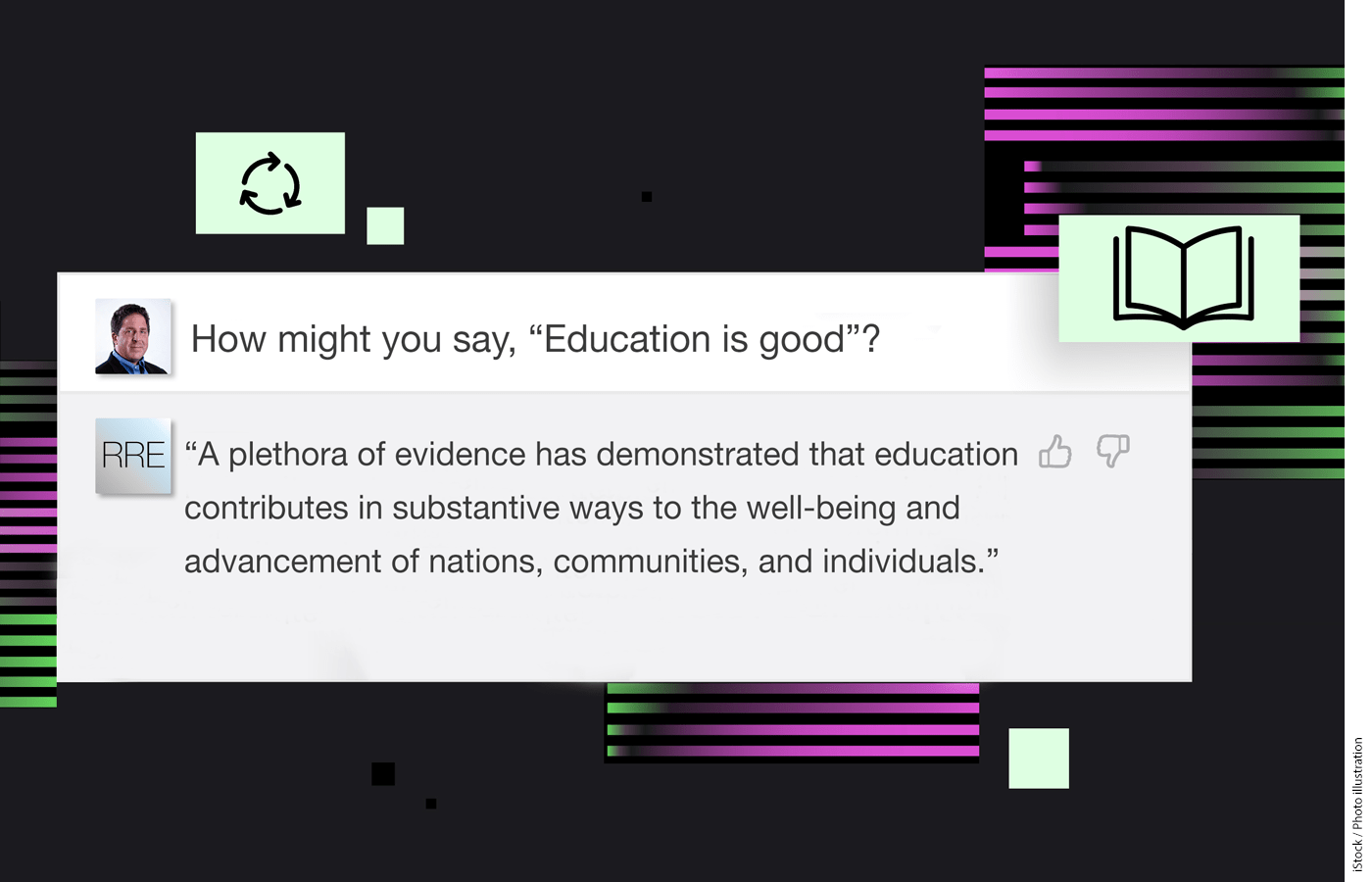During this summer, a team of students from MIT embarked on a journey to the sou …
My Suspicions: Is a Chatbot Responsible for Editing a Popular Education Journal?
Emma Wordsmith

There has been speculation that AI bots created by DARPA are responsible for editing the journals of education research. This theory gains credibility when considering the recent call for proposals by the esteemed Review of Research in Education on “Equitable Educational Systems That Cultivate Thriving.” The call, due this week, appears to have been written by a poorly trained AI, with the editors seeking scholarly work that explores the conceptualization and applications of educational equity in a multifaceted way.

One might ask why DARPA would choose education journals to test their AI bots. However, considering the incomprehensibility and lack of readership of these journals, it actually makes sense. The “editors” of Review of Research in Education made a misstep by providing a seven-page project description that hints at the handiwork of glitchy AI rather than human editors.
Rick: Let’s run a quick baseline. How might you say, “Education is good”?
Editors: “A plethora of evidence has demonstrated that education contributes in substantive ways to the well-being and advancement of nations, communities, and individuals.”
Rick: Whoa . . . Okay, then. Can you say something about equity that sounds academic but manages to be both banal and political?
Editors: “Scholars have documented a complicated paradox; that is, just as educational systems can be designed to advance equity, schooling policies and practices can also perpetuate inequalities, leading to and reinforcing social stratification, cultural and linguistic assimilation, and the erasure of Indigenous peoples.”
Rick: How would you frame the project to ensure you’d only hear from scholars versed in ed school groupthink?
Editors: “Educational systems must be intentional in designing and implementing practices and structures with an explicit and ongoing focus on equity and achieving social justice, which is, at a minimum, concerned with questions of redistribution, recognition, and participation.”
Rick: Can you explain why this research matters for actual students and educators?
Editors: “Generating fresh perspectives, with the potential to support deep system transformation, will require us to take up these tensions, perhaps reframe them in alternative or novel ways to gain clarity and push beyond our current boundaries of thought and action.”
Rick: Hah! You’re a trip. Okay, what if someone says, “That stuff sounds banal rather than ideological.” Can you convince them otherwise?
Editors: “[We’re] considering equity in education in the context of a changing climate, highlighting the ways in which our deficit notions of families and communities have led to environmental injustice, and offering a way to re-conceptualize the intertwined fate of communities to achieve collective thriving.”
Rick: Okay, then. Still, some readers might say, “I’ll bet you can’t squeeze something as straightforward as reading into this tortuous framing.” Right or wrong?


